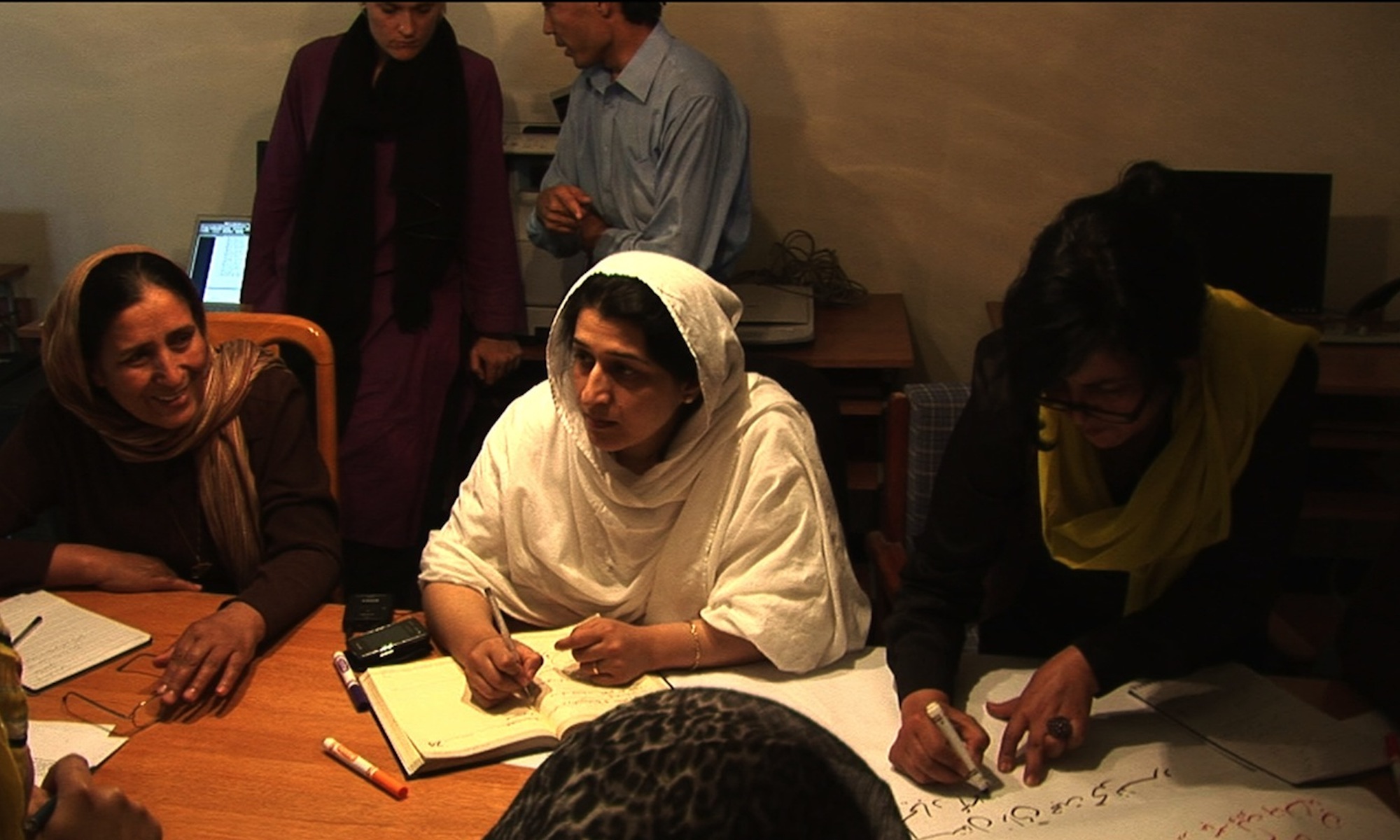This article introduces a new dataset on post-conflict justice (PCJ) that provides an overview of if, where, and how post-conflict countries address the wrongdoings committed in association with previous armed conflict. Motivated by the literature on post-conflict peacebuilding, we study justice processes during post-conflict transitions. We examine: which countries choose to implement PCJ; where PCJ is implemented; and which measures are taken in post-conflict societies to address past abuse. Featuring justice and accountability processes, our dataset focuses solely on possible options to address wrongdoings that are implemented following and relating to a given armed conflict. These data allow scholars to address hypotheses regarding justice following war and the effect that these institutions have on transitions to peace. This new dataset includes all extrasystemic, internationalized internal, and internal armed conflicts from 1946 to 2006, with at least 25 annual battle-related deaths as coded by the UCDP/PRIO Armed Conflict Dataset. The post-conflict justice (PCJ) efforts included are: trials, truth commissions, reparations, amnesties, purges, and exiles. By building upon the UCDP/PRIO Armed Conflict Dataset, scholars interested in PCJ can include variables regarding the nature of the conflict itself to test how PCJ arrangements work in different environments in order to better address the relationships between justice, truth, and peace in the post-conflict period.

INSCT Postconflict Research Database
The Institute for National Security and Counterterrorism's Postconflict Research Database & Analysis Project stores cross-indexed bibliographic information on hundreds of journal articles, books, book chapters, and case reports that address the broad, interdisciplinary fields of postconflict reconstruction, stabilization, and peacebuilding.